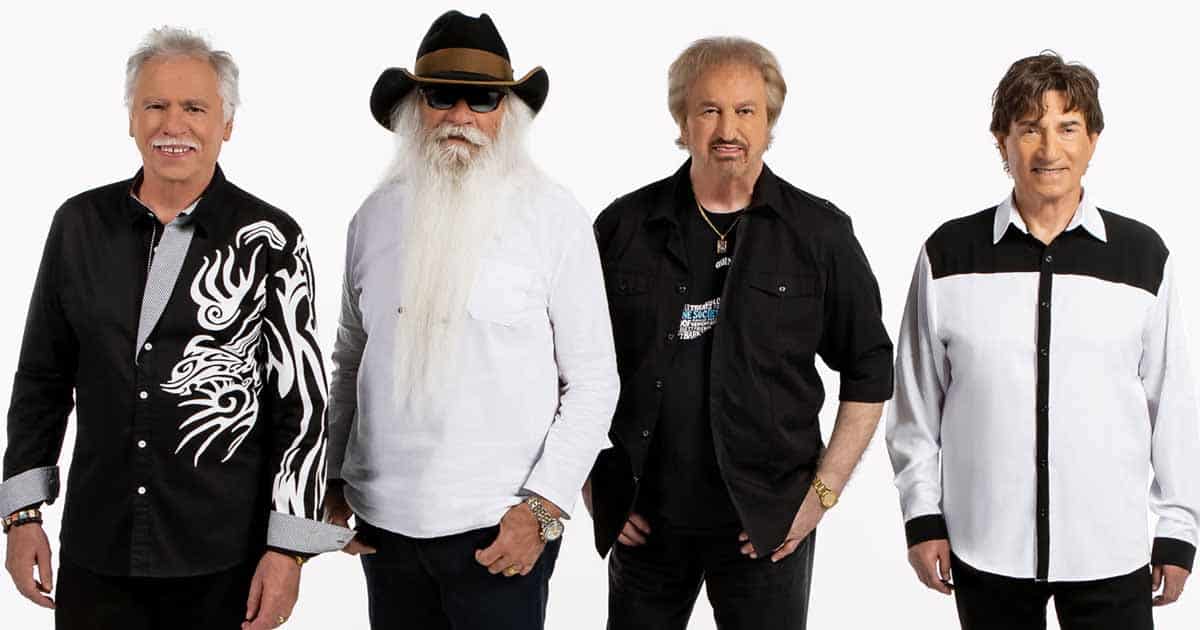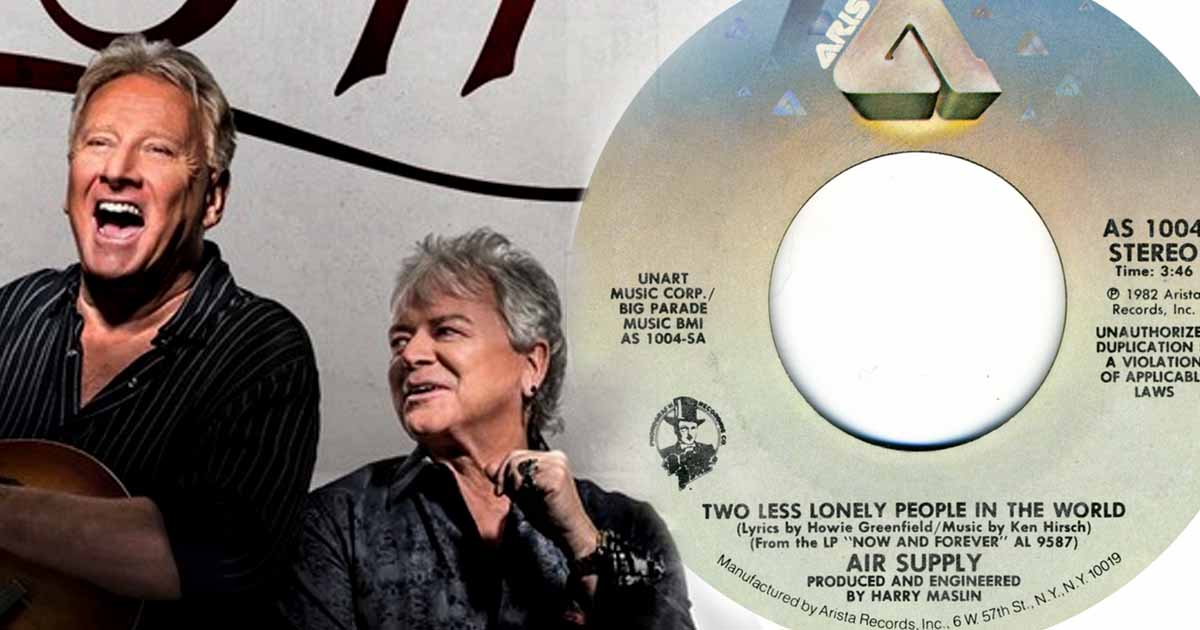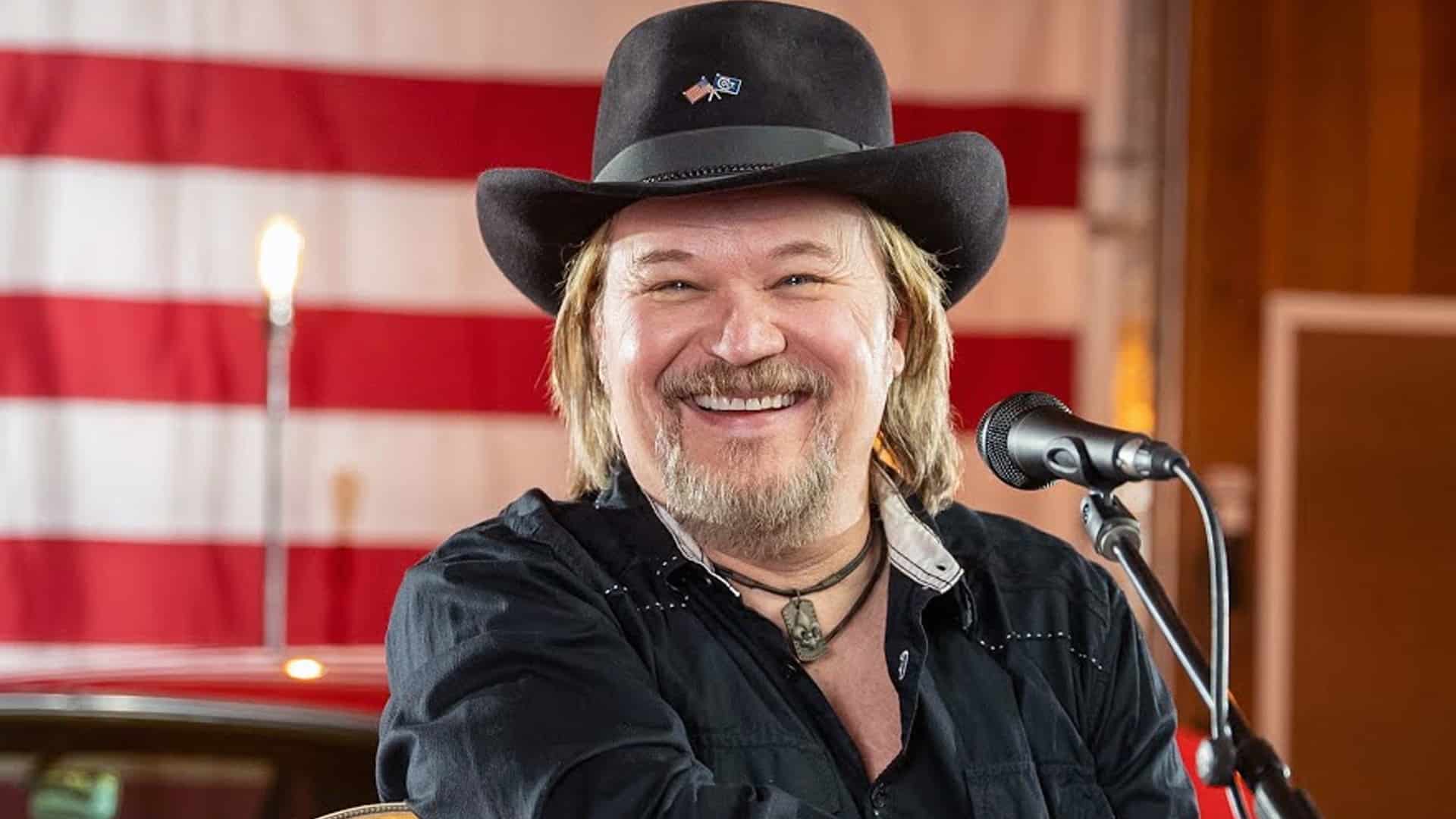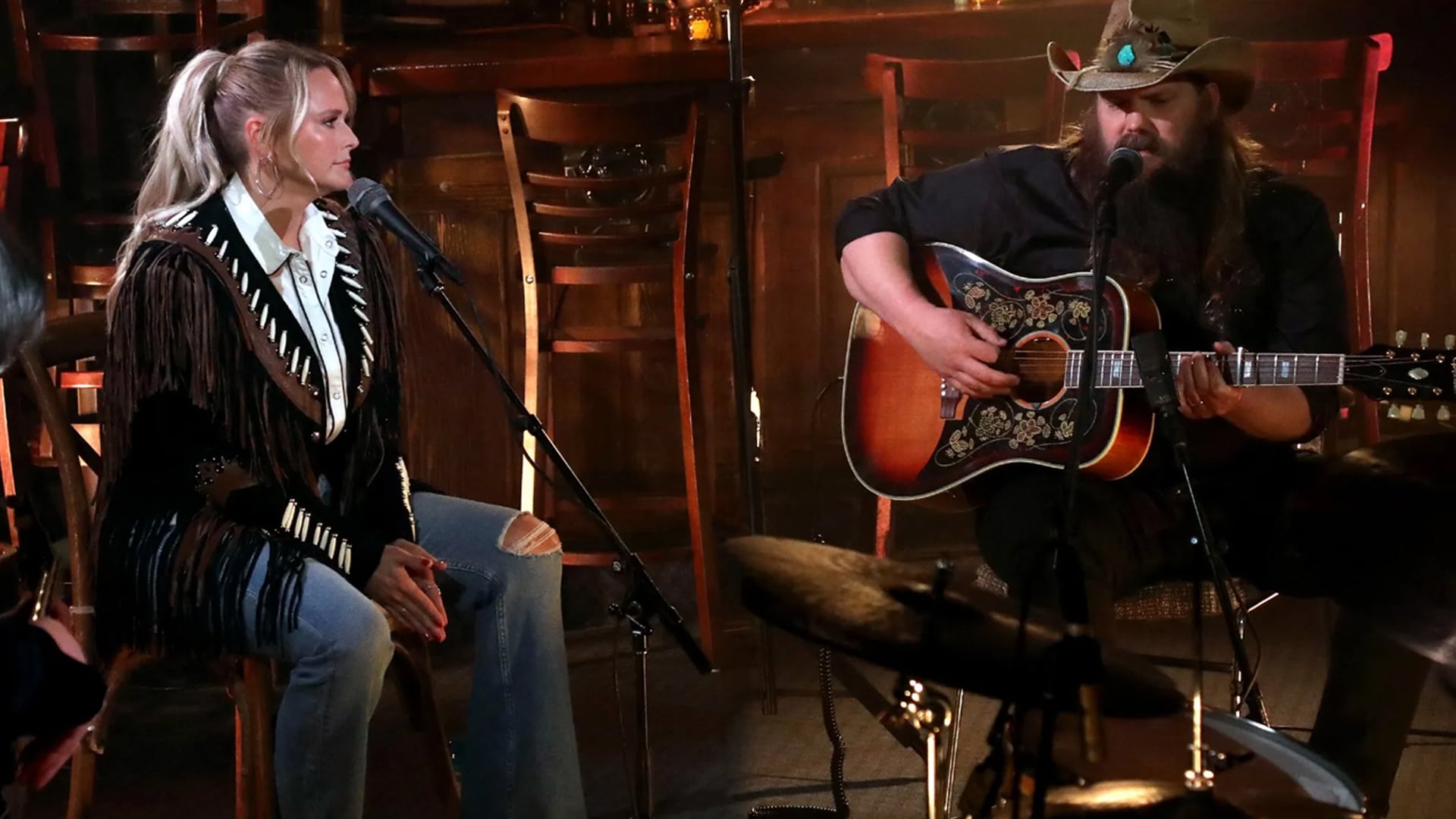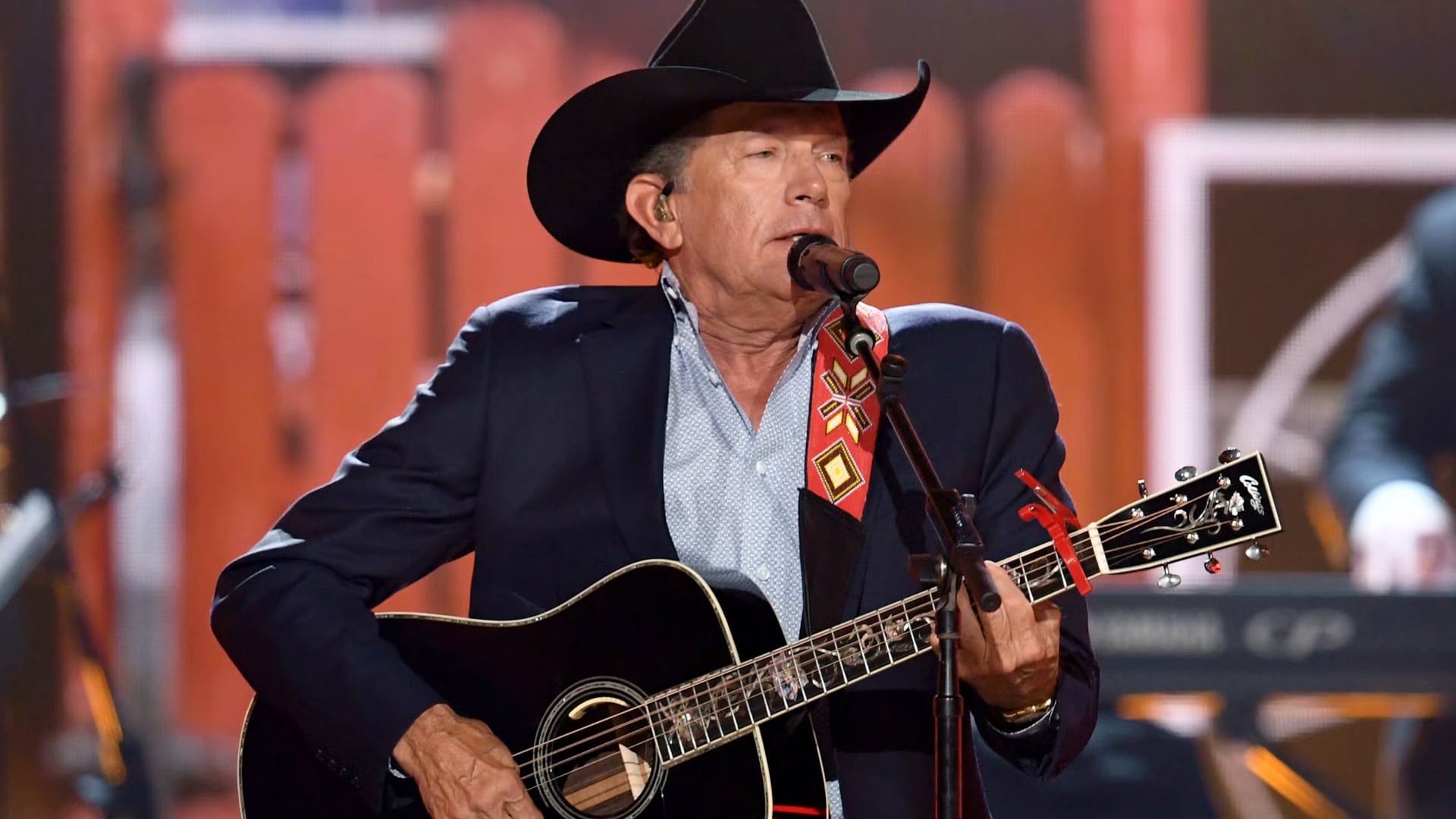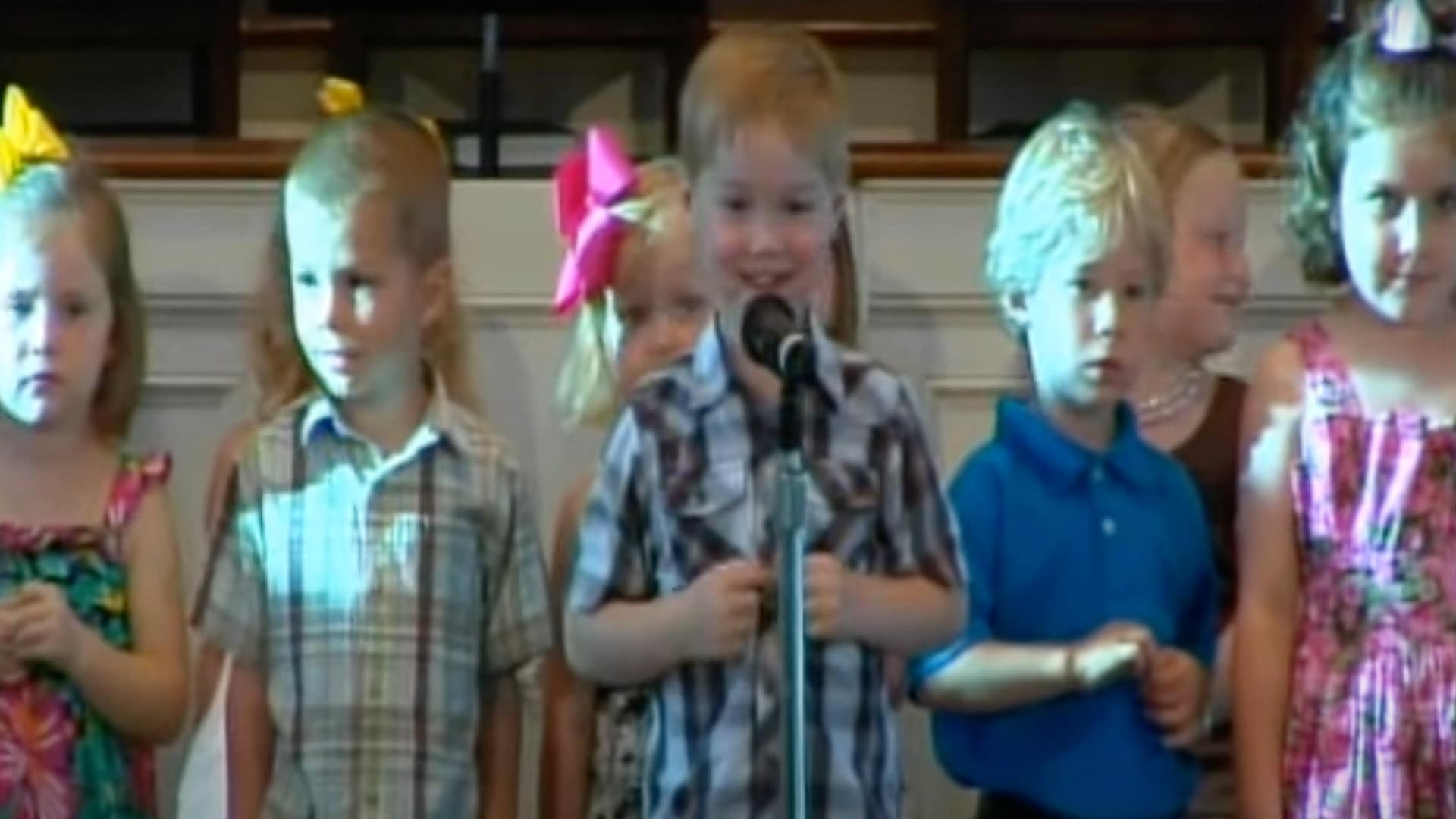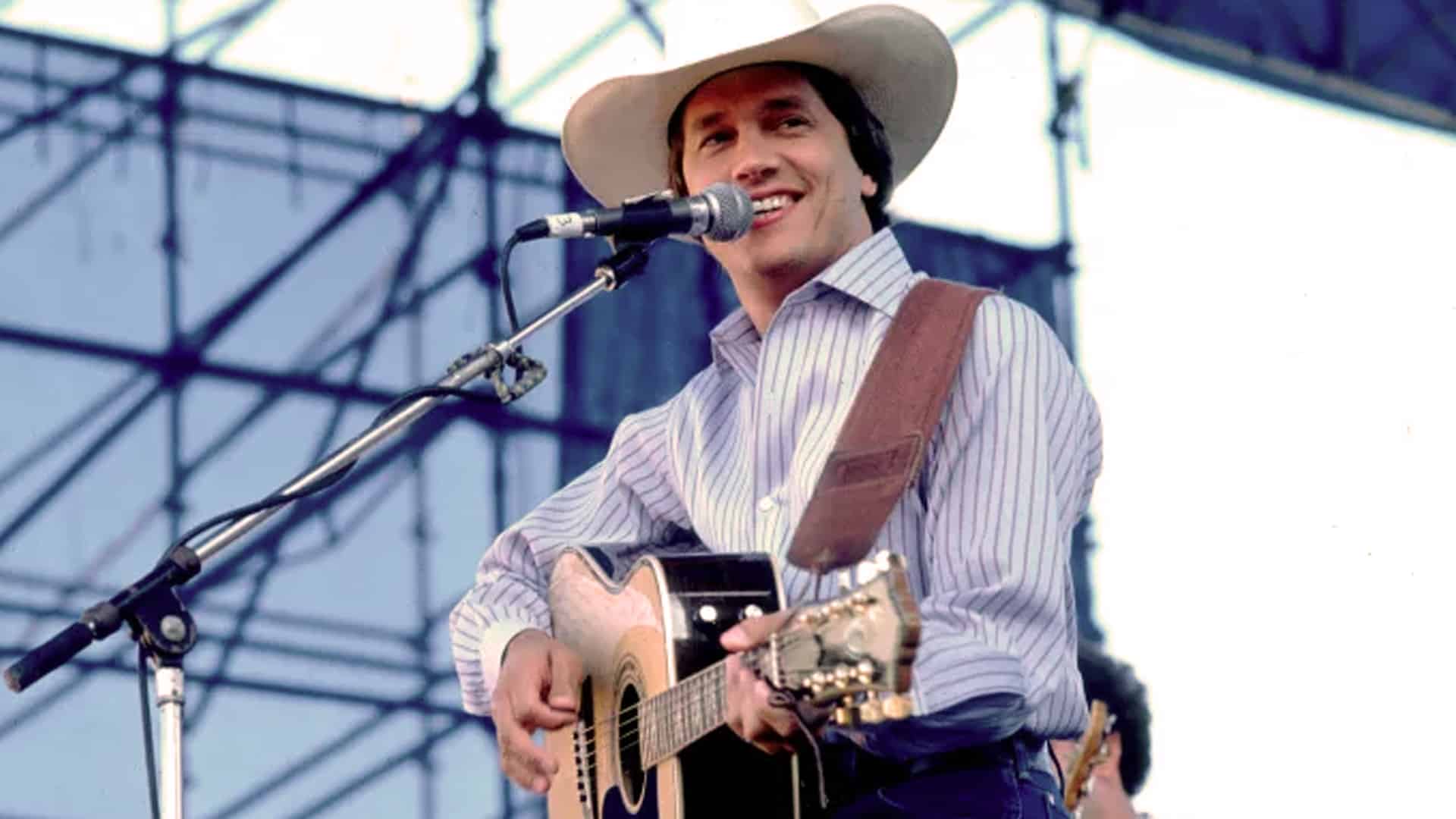The Oak Ridge Boys have delivered dynamic energy and distinctive sound in their songs for five decades. Despite navigating shifts in genres – from gospel to country and even venturing into pop they’ve consistently released songs that, as Duane Allen described, have “lasting value and are uplifting.”
So, here are ten must-listen songs from this country and gospel vocal quartet that deserve a spot on your playlist.
1. “Y’all Come Back Saloon”
From Y’all Come Back Saloon (1977)
The Oak Ridge Boys switched to country music in the ‘70s. They had their breakthrough with their 1977 hit “Y’all Come Back Saloon,” written by Sharon Vaughn. It was the first single and title track from their debut label. The song scored a Top Three position on the Billboard Hot Country Singles & Tracks chart, exactly how country music executive Jim Halsey envisioned it.
It was the best and warmest welcome to the genre, which paved the way for a string of number-one singles.
2. “Come On In”
From Room Service (1978)
This song, written by Michael Clark, was on heavy radio rotation when it was released in 1978. “Come On In” hit differently than their previous songs because they usually had a lead for a particular track. But for this one, they decided to feature all four members, allowing them to trade off lines and create a melodic harmony that only they could pull off.
The song peaked at number 3 on the charts and spent fifteen weeks on it. It was also the same year they were awarded the CMA Vocal Group of the Year. Interestingly, in 1985, they had another top 3 hit with the same title. But this second one was subtitled “You Did The Best That You Could Do.”
3. “I’ll Be True To You”
From Y’all Come Back Saloon (1978)
This Alan Rhody-penned poignant ballad was The Oak Ridge Boys’ first chart-topper. And it was nothing surprising as the group delivered a heartrending performance, singing of a man who didn’t realize what he had until it was too late. Among the many who were touched by it was Tim McGraw, who named it his favorite Oaks song.
4. “Leaving Louisiana In The Broad Daylight”
From The Oak Ridge Boys Have Arrived (1979)
Emmylou Harris first covered the song in 1978 for her Quarter Moon in a Ten Cent Town album. The group heard it and thought Rodney Crowell and Donivan Cowart’s songwriting fit their choice of country, so they recorded it as their final single of the ‘70s. It earned them their second number-one hit and ultimately became a concert favorite.
5. “Elvira”
From Fancy Free (1981)
The Oak Ridge Boys left the ‘70s with a number-one hit, and entered the ‘80s with an even bigger hit.
Penned by Dallas Frazier, “Elvira” (from Elvira Street in Nashville) became the group’s career record and signature tune. Frazier initially recorded it, and then Kenny Rogers and the First Edition covered it. Then, it was pretty much forgotten for quite some time until it finally landed with the vocal quartet in 1981, which gave it newfound attention. And the public loved it so much, earning them a crossover hit with a CMA, ACM, and Grammy win!
6. “Fancy Free”
From Fancy Free (1981)
The smashing success of “Elvira” was a mixed blessing. It was a big win for the group, but simultaneously, it posed the challenge of deciding on a worthy follow-up song. They needed something that could get the momentum going.
They chose the album’s title track, and it didn’t disappoint. Written by Roy August and Jimbeau Hinson, this track reached number one on the country chart! It also earned a spot as one of the group’s signature songs.
7. “Bobbie Sue”
From Bobbie Sue (1982)
After “Elvira,” we are introduced to “Bobbie Sue” – another chart-topper – marking the Oaks’ sixth number-one single.
The song was written by Wood Newton, Dan Tyler, and his wife, Adele Tyler. Interestingly, the title was inspired by the Tylers’ baby. The story was that the baby asked for a bottle but couldn’t pronounce it and ended up saying “ba-ba-ba” instead.
As adorable as that may sound, the lyrics to “Bobby Sue” were oddly adult in nature, talking about the sexual awakening of a woman. The biggest selling point of the song, though, was Sterban’s bass note. Fans went gaga whenever that was on!
8. “Thank God for Kids”
From Christmas (1982)
This Yuletide single honoring the miracle of children was first recorded by its songwriter, Eddy Raven, in 1972. Ten years later, The Oaks picked up the song for their first seasonal project, with William Lee Golden taking the lead. And his unforgettable vocals and the song’s timeless message made for a tradition during the holiday season.
The song peaked at number 3 during its release.
9. “American Made”
From American Made (1983)
“American Made” earned the group’s seventh number-one hit and one of their biggest crossover hits, peaking at 72 on the Hot 100. Bob DiPiero wrote it along with Pat McManus, and the idea came from DiPiero’s realization that most of the stuff he bought was manufactured in foreign countries. And then shortly after grabbing the top position, Miller Beer used it as a commercial jingle.
10. “I Guess It Never Hurts To Hurt Sometimes”
From Deliver (1984)
Originally written and recorded by the late Randy VanWarmer for his 1981 album Beat of Love, this track gave the Oaks their ninth number-one. VanWarmer penned this song after his father’s death, and Bonsall’s delivery gave it justice.
If you enjoyed any of these songs by The Oak Ridge Boys, you should listen to their whole discography. Take our word for it – the journey is absolutely worth it.

